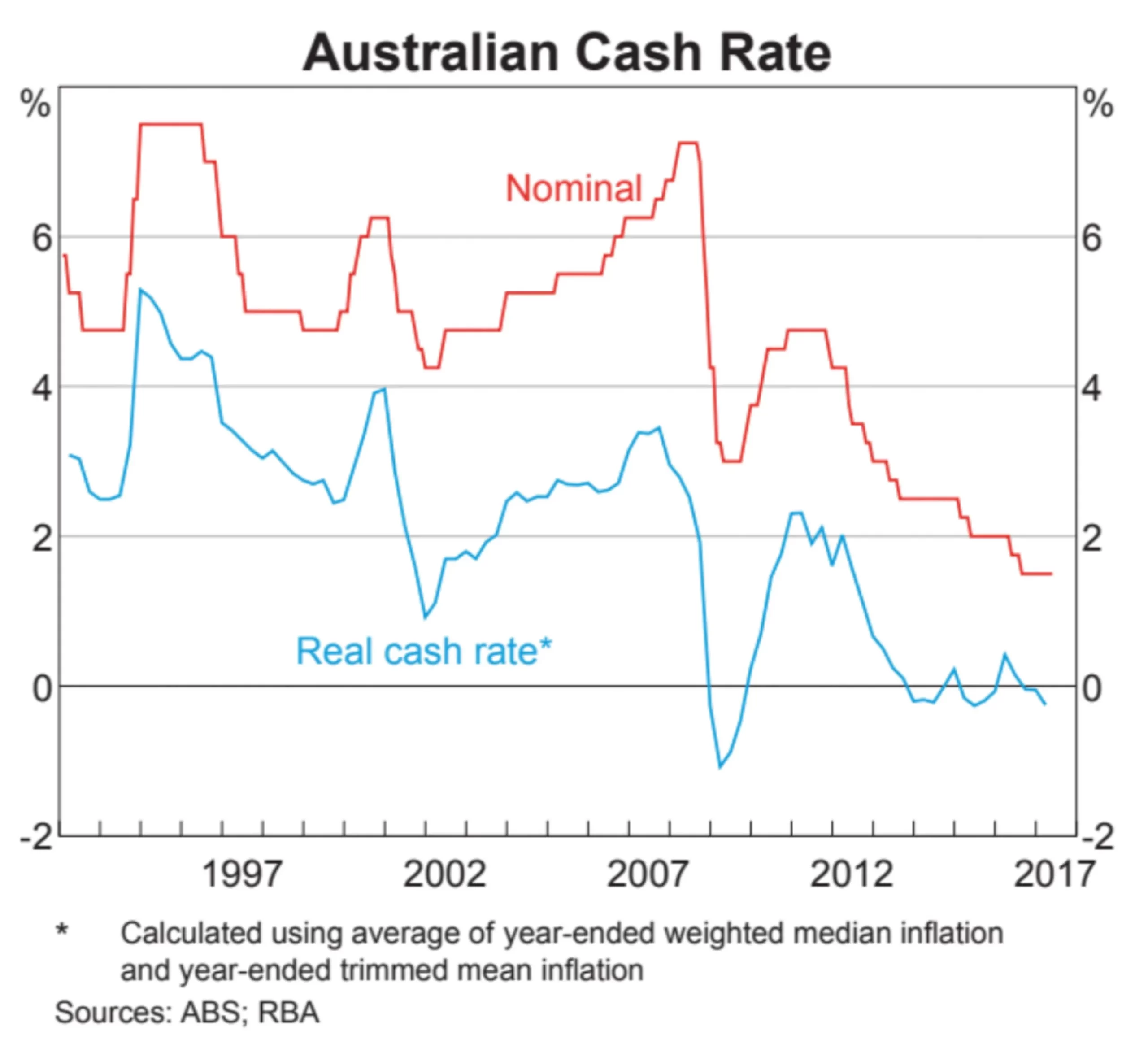Whether you’re refinancing or looking to purchase your first or third home, financing can be daunting. Even for the experienced, getting your finance approved can be a stressful process and with the effects COVID-19 creating extra scrutiny being prepared matters more than ever. To have your financed approved first time is the dream, one that can be made a reality with a little groundwork. With these ten tips, you’ll be well on your way to making that dream come true:
1. Assess your goals
Knowing how much to borrow from a lender is one of the most important pieces of knowledge you will require for this process. The goals you have in mind for the property you wish to purchase will have an impact on this. Know what you’re looking for in terms of a lifestyle and financial perspective. Marrying those together will help you buy for tomorrow.
Buying for tomorrow is distinctly important. Ask yourself; ‘Will this property be suitable for me in a year or two’? While the price-point may seem agreeable today, and it suits your current lifestyle, are either of those likely to change? It is much more expensive to trade up to something more appropriate further down the line than it is to get it right the first time.
Further, determine your own borrowing limit. Banks and Lenders maximum lending rates are stress-tested relative to interest rates. If or when interest rates increase, you could experience a great deal of mortgage stress by borrowing at the Lenders maximum rate. By using loan repayment calculator, you can look at what rates to expect to pay today, and at higher interest rates. This will allow you to know what loan size you need before speaking to Lenders.
2. Do you research
Knowing is half the battle, and with mortgages, it’s no different. Understanding what products are available, their features and the lingo will leave you informed before making a decision. While some features can seem alluring, such as offsets, you have to ask yourself: ‘does this benefit me’? ‘Is this offset worth higher rates, or extra fees’? Quite often the most basic mortgage products can be just as affordable and effective as more complex products.
Secondly, know the difference in the policies of lending institutions. Policy is one of the largest differences between lenders. By knowing what can and cannot be done, you can approach securing finance with a greater degree of confidence.
3. Speak to an experienced mortgage broker
There is a discernible difference between speaking with an experienced mortgage broker and direct with a lender. Lenders will only have one product and set of policies to offer. An experienced mortgage broker will have access to the broader market. With this access to the broader market, brokers will be able to identify a solution tailor-made to your scenario and needs. Experience matters.
With their exposure to the greater market, an experienced broker is invaluable. Their exposure equips them with the knowledge of lender products and policies. An experienced broker will talk you through policies and help you secure a product based on your needs. There are many brokers out there, some more experienced than others. As before, research matters, so research brokers. Look at their websites and reviews on Google. Even better still, ask for personal referral. They could prove a prime opportunity for a personal introduction to a quality broker.
4. Supporting information and documents
When it comes time to provide documentation and information, it pays to get it right the first time. Lenders will comb through your supporting documents seeking out inconsistencies between them and your customer fact find answers. Providing everything needed and answering the fact find honestly can and will avert many issues that may arise.
Banks and lenders have an obligation to report on the conduct of savings and mortgage accounts. There are many tools that lenders use to automatically read documents to determine your conduct as a customer. By keeping accounts paid up and to date, as well as not overdrawing, you will ensure your account is in good conduct. Conduct is very important factor in securing finance.
5. The Importance of savings
The importance of saving cannot be overstated. One of the first questions a bank or broker will ask is: ‘how much is your deposit’? This is because, as a very general rule, the larger your deposit, the easier it is to secure finance approval.
When looking at savings, lenders and banks are looking for what is termed ‘genuine savings’. Genuine savings are identified as funds that have stood in good stead for at least 3 months. Sudden windfalls will usually not all that favourable when securing finance. Genuine savings can also be recognised as shares or equity in other properties the customer owns or even rent currently paid.
Ideally, your deposit should be at least 20% of the value of the property you wish to acquire. This will allow you to avoid paying mortgage insurance. Mortgage insurance is a one-off fee, and in the name sounds fine, but it is of no benefit to the customer. This one-off fee, paid by the customer, only protects the lender and offers no insurance to your situation. While only a one-off fee, it can get quite expensive. The higher the loan amount, the more expensive the fee, relative to the Loan to Value Ratio (LVR). An LVR of 80% (loan is 80% of the price, deposit 20%) means no mortgage insurance is paid. An 82% LVR leaves mortgage insurance at a more reasonable level. Once in excess of 90%, the mortgage insurance premium becomes extremely costly. Talking to a broker about your current LVR and where you’d like it to be is an important step before making a finance application.
6. Don’t be late
More than ever, Lenders are looking for good conduct on your accounts. So it is imperative to avoid overdrawing your savings. The same goes for missing payments on mortgage loans or credit cards. When accounts are provided to lenders for assessment, their systems will usually automatically scan for tell-tale signs of poor conduct, such as late fees. This can affect your chances of securing finance.
Lenders will typically look back through the accounts provided across a period of six months. During the lead up to applying for a mortgage, it’d be best to keep all accounts ‘squeaky clean’. There can be issues that arise around credit defaults that may be listed, such as late payments on bills and utilities. Ideally, the defaults of this nature should be avoided. While it isn’t entirely detrimental, it can create unnecessary hurdles.
7. Do you really need it?
The advent of the ‘Pay-now, buy-later’ systems such as AfterPay and Zip Pay has created new hurdles in the process of securing finance. These systems, while technically not treated as credit, can still adversely impact the approval process. Lenders treat these systems as a form of conduct and affordability. They view this as conduct as by using this system, the customer has demonstrated they lacked the funds at the point of purchase. Ideally, it’ll be best to avoid have an AfterPay system, or equivalent, attached to your accounts.
8. It’s not all about the rate
While your gut reaction may be to ask ‘What’s the cheapest rate in the market’, you shouldn’t get hung up on the rate entirely. It’s an important question, but not all mortgage and loan accounts are structured the same. The rate you pay is influenced by several factors. How large the loan is, your LVR and credit history, features of the loan, funding models and more play into determining the rate you pay.
A more worthwhile question to ask is ‘can you identify the best products based on my scenario’? A good lender will ask you a series of detailed questions to determine your situation. From there they will be able to take you through and compare products that are ideal to your scenario. Products better suited to your scenario will ensure a greater chance of success in having your finance approved.
9. Be realistic
Due to increased compliance requirements, and the disruption caused by COVID-19 to bank processing systems, patience will be required. Pre-approval and overall approval of loans will likely take some time depending on which lender you use. It is important to be realistic about how long this may take. Pre-COVID, this process still took some time, with processing times between lenders varying from a few days to many weeks.
Same day approvals or ‘instant pre approvals’ should be taken with a grain of salt. These systems typically are computer generated and subject to the vetting of support documents. Quite regularly, there will be a disconnect between the questions you answer the assessment the lender applies to you. Applying for finance well before bidding for properties will be important.
10. Be realistic with your borrowing capacity
Your own assessment of repayments based on current interest rates is not what lenders look at. In their assessment, they look at interest rate increases in the future. They consider if the loan you are acquiring will still be suitable when interest rates rise in the future. They will also consider that some income is inconsistent, such as commissions or overtime. Subsequently, lenders will shade a component of this payment to around 60% to 80%. Rental income may also not be accepted in fullness, and may only be accepted at around 70%.
The living expenses banks apply to you may differ from your estimates. Banks apply a Living Expense Ratio lower than your actual expense ratio. Therefore, it is important to have a realistic assessment of your expense before doing a Customer Fact Find or finance application. Lenders will digitally assess savings accounts statements to apply a sense check to compare your estimate to theirs. This is another important consideration when applying for financial approval.
Finally, have contingencies in place for lenders and your income. Consider which lenders would be second or third choice if your ideal one doesn’t work out. Consider what will happen if your income is disrupted or reduced in a meaningful way. It isn’t wise to put every spare cent available to mortgage repayments. Nor is it wise to secure finance approval and not have emergency buffer funds available. It is also highly recommended to look into insuring the asset you are in the process of acquiring. Information and advice should be gathered from a licensed financial planner regarding this. They can provide valuable advice around income and risk insurance regarding life, trauma and Total Permanent Disability (TPD).
Securing approval for finance from a lender has many moving parts. With the right guidance and research, you’ll be ready to secure the approval tailored to your scenario. With that, you’ll be well on your way to refinancing and securing a better rate or securing an approval to allow you to bid competitively at that next action.
Good luck in your ventures, and if you have any further questions, do not hesitate to reach out to our team of experts, we’ll always be happy to assist you with securing the best structure possible!
The team at Axton Finance
Ph: 1300 706 540
Alternatively see our availability and book an obligation free Zoom meeting here.










